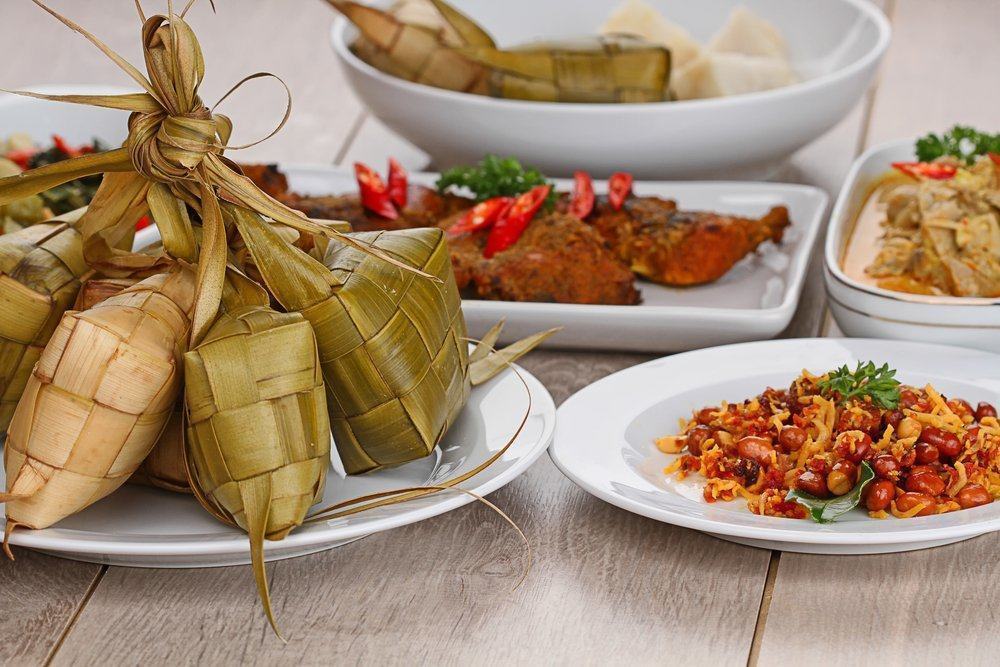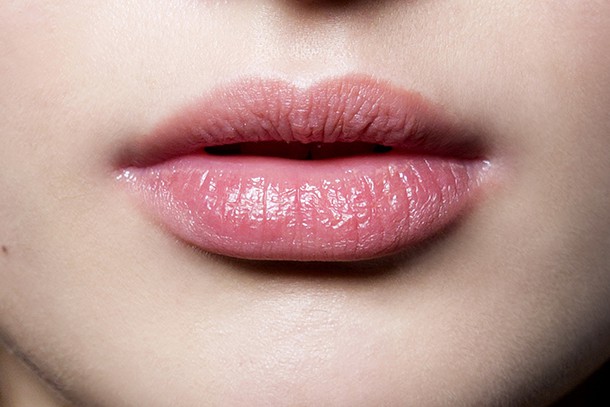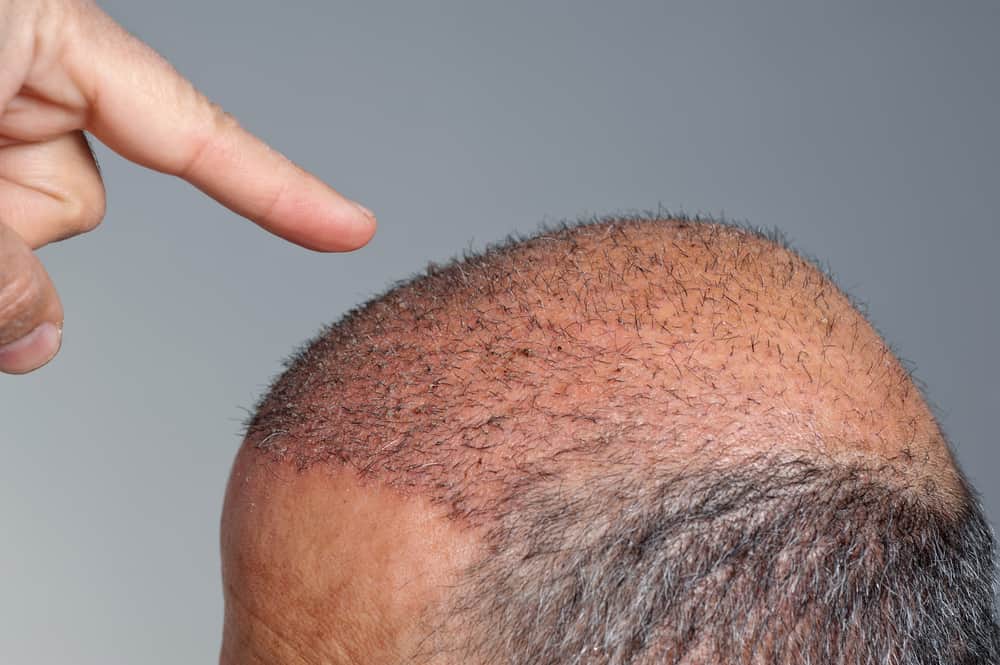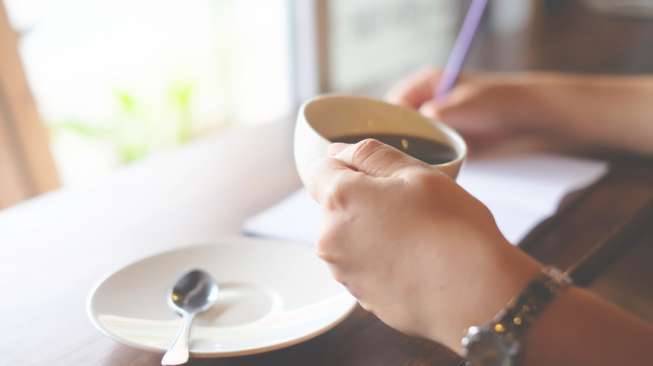Contents:
- Medical Video: 6 Reasons You Are Eating Fruits the Wrong Way
- 1. Make a reasonable target
- 2. Don't get hungry
- 3. Stop eating when you are full
- 4. Fill the plate with vegetables
- 5. Avoid fatty meat parts
- 6. Beware of sugar-containing drinks
Medical Video: 6 Reasons You Are Eating Fruits the Wrong Way
Eid is a moment where you can gather with a large family. Eating during holidays is one of the mandatory agendas. However, you are expected to be able to maintain your intake, especially if you are on a plan to lose weight or have certain diseases that require you to pay attention to your diet.
It is easy to overeat during holidays, especially if you visit relatives' houses, maybe almost every home you will be offered food. You can apply the tips below during Eid al-Fitr to prevent you from overeating.
1. Make a reasonable target
You may be in a special condition, whether you want to lose weight or indeed have certain diseases that make you have to maintain a diet, such as diabetes for example. If you are on a weight loss program, it will be very difficult to control calories during holidays compared to normal days.
Eating during holidays is usually high in fat, protein, and carbohydrates. In the meantime you can put aside your weight loss program first but focus more on maintaining your current weight. Do not be too strict on yourself, especially if this makes you reject various dishes that have been deliberately prepared by the host. Keep watching the portions, don't eat until it's too full.
But for those of you who are indeed required to regulate your diet, such as in diabetics, then it's a good idea to pay close attention to what you eat. For example, limiting excessive eating of ketupat or reducing coconut milk soup when eating.
2. Don't get hungry
Food supplies during holidays tend to be abundant, you can find various types of food easily. This can cause you to starve your eyes and want to eat a variety of foods with more than usual portions. You can get around this by spending more time chatting with friends and relatives. Eating during holidays is a complement, making hospitality as your main goal to gather. Do not go straight to the dining table or take pastries.
3. Stop eating when you are full
One reason why we tend to overeat when certain events or holidays are because we usually ignore feeling full. During holidays, meals are included in social events, where we can eat while sitting, standing, even while chatting. This causes you not to respond to the full signal given by the brain. You then tend to overeat the amount that is actually needed by the body, maybe because when you finish eating the conversation at the dinner table is still continuing so you add to your portion of food, or you are unconsciously taking various snacks provided because the food is available in front of you.
Before eating, try to fill your plate with the food you really want to consume and the amount according to your needs, then eat slowly. When you're done, keep the empty plate away from you to prevent you from taking food again. Chew sugar-free mint gum and drink a glass of water, this can prevent you from experiencing fake hunger.
4. Fill the plate with vegetables
When taking food, fill your plate with vegetables first. Vegetables can help you quickly satiate with high fiber content, fast satiety will certainly help prevent you from overeating. Choose a type of vegetable that is not coconut milk, but if it's not there, you can still eat coconut milk, just reduce the amount of coconut milk you consume. Coconut milk naturally does not contain cholesterol, but the saturated fat content is quite high.
5. Avoid fatty meat parts
The food is usually served during Eid al-Fitr in the form of various kinds of meat, both beef, mutton and chicken. Meat, especially red meat, tends to be high in saturated fat. Even though meat consumption is not entirely prohibited, there are several ways you can do to deal with fat contained in meat dishes.
For example, if you eat chicken, you can choose the chest rather than the thighs or wings, because the chest tends to have less fat content. In addition, when eating chicken, avoid eating part of the skin as much as possible, because fats owned by poultry are usually stored on the skin.
6. Beware of sugar-containing drinks
Colorful drinks are certainly interesting to see. Syrup and soda are the types of drinks commonly served during Eid. But do not consume too many types of drinks because they usually have a fairly high sugar content. In one tablespoon of syrup, it contains 53 calories, almost entirely from carbohydrates.
In addition, one tablespoon of syrup also contains 10 grams of sugar. Soda is not much different, each portion contains sweeteners, especially diet soda which usually uses artificial sweeteners instead of sugar. Limit consumption of these drinks to prevent you from storing calories without you knowing it.












